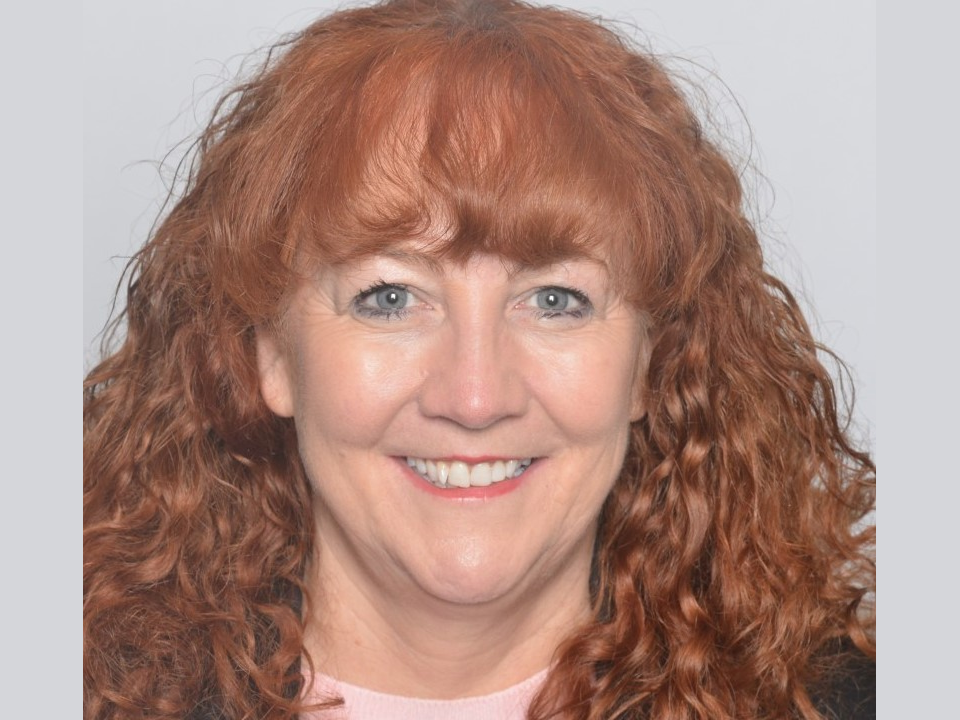
Andy Smith
ADCS President
Strategic Director of People Services
Derby City Council
It only feels like a few weeks ago when I was writing my first blog as ADCS Vice President, and here I am, twelve months later, with my first blog as ADCS President. They say time flies when you’re having fun?! It’s certainly been a rollercoaster of a year with highs and lows across the children’s policy landscape. Firstly, I want to acknowledge the amazing job John Pearce has done as ADCS President. John has led the Association from the front and, with his tenacious and compassionate leadership, has advocated for children and driven forward the priorities for the Association. It’s a real privilege to now be ADCS President and over the course of the year I’m looking forward to working closely with Rachael Wardell as Vice President of ADCS.
In forming priorities for the year ahead, Presidents have a knack at building on, developing and taking further forward their immediate predecessors’ priorities, shaped by co-production with the ADCS Council of Reference, but informed by the values of the incoming President. This means that we see a careful and informed evolution of our ADCS priorities steeped in the political and policy context we see in the year ahead, always focused on improving outcomes for children and tackling inequalities. It’s going to be an interesting year!
I’ve talked before in my previous blogs about being a ‘glass half full’ person and looking at the year ahead I believe there is room to be optimistic. It would be easy for me now to provide an overview of the current challenges in children’s services; these are well rehearsed in our discourse as well as our policy papers. Instead, I want to focus on what’s working well. As an Association, with just under 1,900 members, through the work of the Presidential team, Council of Reference and policy committees we have been working in a collaborative way to develop and shape our policy position and influence central government. We have appropriately constructive relationships with senior civil servants in government and there are increasing examples of where we are shaping and influencing the policy direction, recently seen in the outcome of the consultation on agency social work. Children’s social care reforms being delivered through Stable Homes Built on Love is really stepping up into the implementation stage and we need to ensure that meaningful and sensible change is delivered at pace with sufficient resource. We will also continue to push government for a clear and properly resourced plan with short, medium and long-term actions to tackle the placement sufficiency crisis and for an approach to kinship care that doesn’t inadvertently produce a two-tier system.
In the last six months we have issued two key policy papers: A future vision for the education system and Childhood Matters. A well resourced all-encompassing and joined up plan from government is needed, with clear priorities for each government department; one which takes a trauma-informed approach to tackling the systemic and entrenched challenges many are facing, and which pays specific attention to understanding, mitigating and removing inequalities in all its forms. Moreover, as an Association, we have started to identify ways to make ADCS more inclusive, and we will continue to reflect and work on how we can positively influence and champion inclusion and diversity, both for our workforce and our communities.
There are of course areas that we are concerned about that have shaped priorities for the year ahead. There needs to be a fundamental rethink about the SEND system. It is difficult to see how the vision set out in the 2023 SEND and AP improvement plan which relies, in part, on an inclusive education system, can be realised without fundamental reform of the key building blocks of the system. We also need to take stock and reflect on the children’s services accountability frameworks which are vast and growing. For example, we need to re-think what the purpose of inspection is, and how it relates to the wider accountability framework, and whether the current system is successful in delivering positive outcomes for all children and young people, regardless of their background.
And I haven’t even mentioned a general election that we are expecting to take place before the end of the year. The two recently published policy papers referenced above are going to be really important in influencing any future government. I believe an impending general election does give us reason to be optimistic; whatever the outcome this is an opportunity for all political parties to prioritise and position policy around children – childhood really does matter in the year ahead.




